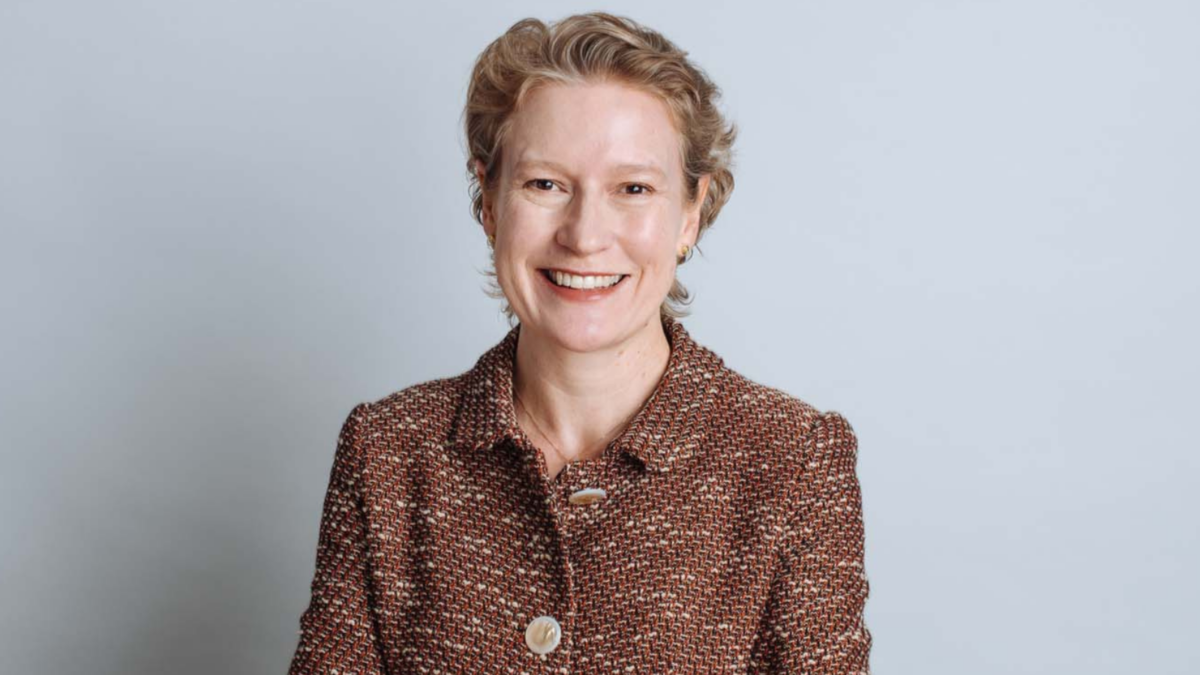… as yield and growth prospects remain strong
(pictured: Paul McNamara)
On the surface, Brexit is not going to mean a lot to emerging markets fixed interest strategies. However, there are subtleties and, as always, some winners and losers from the move. Emerging markets fixed interest managers like those nuanced themes.
According to Paul McNamara, GAM investment director and lead manager for emerging market debt, the UK’s direct influence is not going to be very important. It’s direct trade links with emerging markets are small – just 2.5 per cent – and a UK-only recession, which is possible, should have only a small impact.
The worst-effected market is likely to be Turkey, which has enough troubles of its own. The euro area would appear to be vulnerable and this may be the key emerging markets risk, McNamara says. The UK represents 7.3 per cent of Turkey’s trade.
McNamara runs two funds – a long-only emerging markets debt fund and an absolute returns long/short fund – both of which had a Brexit play. “It’s hard to point to anything about Brexit that’s positive,” he says.
But in the run-up to the referendum there was a huge run-up in the stock and currency markets. The betting was 4:1 on for ‘remain’. “We thought it was much more likely that Britain would ‘leave’ than the markets were pricing,” McNamara says. “The thing about investing is not so much about being right; it’s about being right when other people are wrong… When it happened it was sterling’s biggest single loss in 19 years.”
GAM’s biggest emerging market overweight is Brazil, which is one of the highest-yielding markets. Even though GAM is predicting a recession for Brazil this year, the firm believes the new government is more serious about restoring the country’s balance sheet than its predecessor.
Turkey has all sorts of problems, with its banks vulnerable to external credit tightening. “It’s going to have a horrible tourist season,” McNamara says. “Turkey could get messy very quickly.”
The firm believes that China is a “slow-burning mess”. It is not expecting a banking crisis, as some have predicted, but, rather, a long period of relatively low growth. Credit in China is still growing at twice the rate as GDP. GAM believes that credit growth is too high and is reminiscent of Japan in the 1990s.
“And as China goes, so goes commodities,” McNamara says. In terms of those countries most exposed to a drop in the growth of property and construction output in China, they are, in order: Brazil, Australia, Chile, Indonesia and the US and Canada. Commodity prices matter more to emerging markets inflation/deflation than to developed markets.
Active managers in emerging market debt tended to have a bad first quarter this year because a lot of them bet against China and Brazil. When that happens, everyone needs to be right, McNamara says.
But emerging markets bonds are producing yield in a world with no yield. “If things go as we expect,” he says, “they will also produce growth in a world with no growth.”








